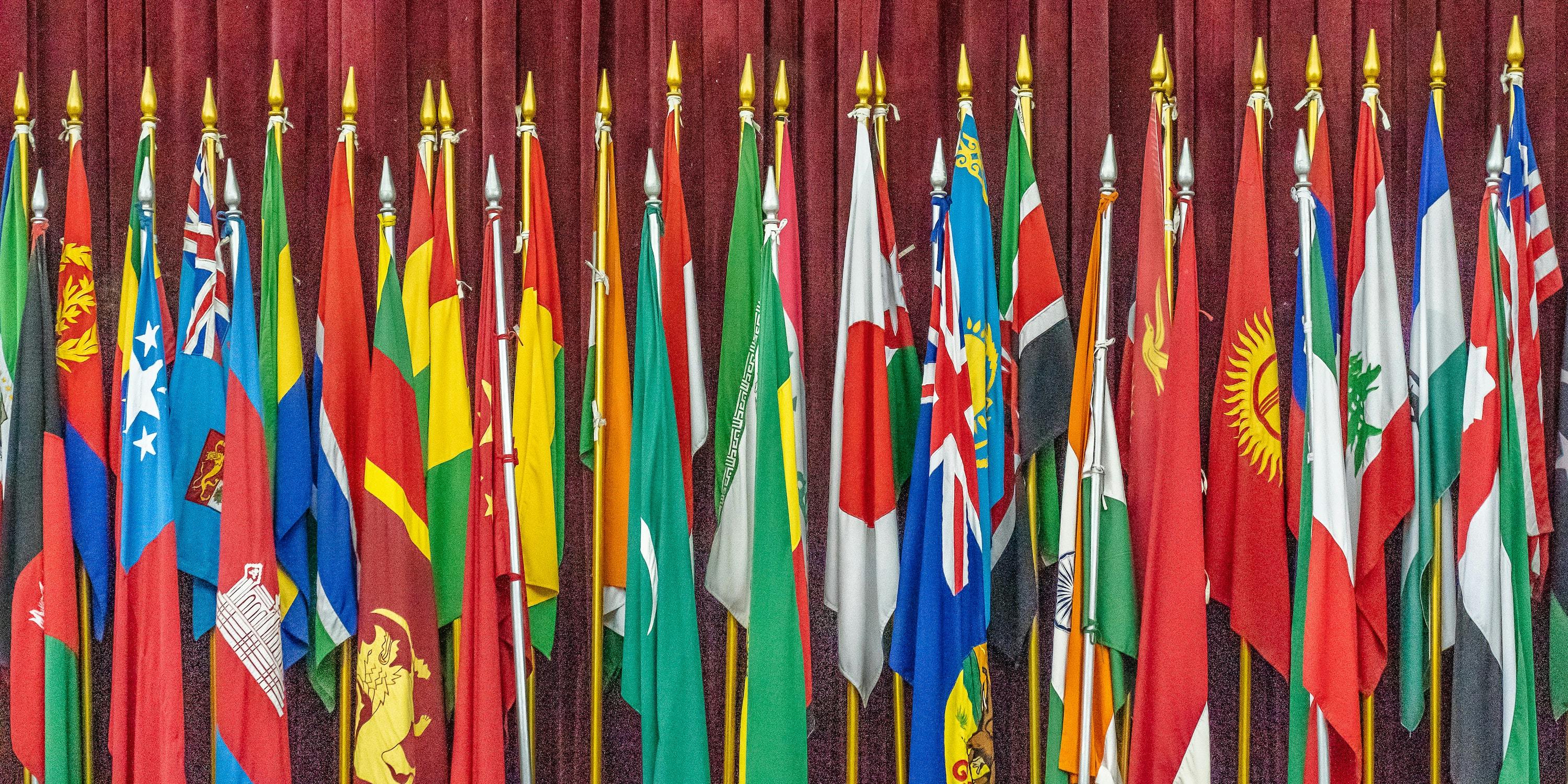
All topics
Politics and government
Politics and government are important aspects of society that determine how power and resources are distributed. Politics refers to the process of making decisions that apply to members of a group, while government is the system by which a group is governed. Governments can be democratic or authoritarian, with varying levels of power and authority over their citizens.
In a democratic system, citizens have the right to vote and participate in the political process. Democratic governments are accountable to the people and are expected to represent their interests. In an authoritarian system, power is concentrated in the hands of a single person or group, and citizens may have limited or no rights or freedoms. Authoritarian governments are often characterized by censorship, suppression of dissent, and human rights abuses.
Politics and government play a crucial role in shaping society and determining its priorities. They influence the distribution of resources, the protection of individual rights, and the promotion of social welfare. Political decisions can have far-reaching consequences, affecting the lives of individuals and communities in profound ways. Therefore, it is important for citizens to be informed and engaged in the political process, and for governments to be transparent and accountable to their constituents.
20 Courses
Election Fraud: Allegations and Controversies
10 unitsThis guided study course covers the alleged cases of voter fraud and election rigging in different countries, including the controversies surrounding the 2020 US presidential election. It aims to provide a comprehensive understanding of the different types of election fraud, the methods used to detect and prevent it, and the impact it has on democratic processes.
Environmental Policy: Protecting Our Planet
10 unitsThis course covers the policies and regulations surrounding the environment and climate change, including the role of government in protecting the natural world. From the history of environmental policy to current topics in sustainability, this course will provide a comprehensive overview of the subject.
Gender and Politics
10 unitsThis course explores the role of gender in politics, including the representation of women in government and the impact of gender on political decision making.
Government Ethics
10 unitsThis course covers the ethical standards and guidelines that politicians and government officials are expected to follow when carrying out their official duties. Students will learn about conflicts of interest, abuse of power, and other ethical concerns that can arise in government.
Immigration Policies and Controversies
10 unitsThis course will provide an overview of immigration policies and controversies in different countries, including debates over border control and the treatment of refugees. Students will gain a deeper understanding of the social, economic, and political factors that shape immigration policies and how they impact individuals and communities.
Introduction to Campaign Finance
10 unitsThis course covers the laws and regulations surrounding the financing of political campaigns, including the influence of money in politics.
Introduction to Constitutional Law
10 unitsThis course provides an overview of the principles and laws that govern the constitution of a country, including the interpretation and application of constitutional law. It is designed for educated undergraduates who have no prior knowledge of this subject.
Introduction to Government Systems
10 unitsA comprehensive guide to understanding the different government systems of the world, including democracy, monarchy, communism, and dictatorship.
Introduction to Human Rights
10 unitsThis course provides an overview of Human Rights, including the rights that all humans are entitled to, the role of government in protecting these rights, and the importance of these rights in society.
Introduction to International Organizations
10 unitsThis course provides an overview of the role of international organizations in global affairs. Students will gain an understanding of the different types of international organizations and their functions.
Introduction to International Relations
10 unitsThis course will provide an overview of the relationships between different countries and the role of diplomacy in resolving conflicts and promoting cooperation.
Introduction to Lobbying
10 unitsThis course will provide an overview of the practice of lobbying and how it affects government decisions
Introduction to National Security
10 unitsThis course provides an overview of the strategies and policies used by governments to protect their citizens from threats like terrorism and cyber attacks.
Introduction to Public Health Policy
10 unitsThis course provides an overview of the policies and regulations surrounding public health, including the current debates over healthcare reform and vaccine distribution.
Media and Politics
10 unitsExplore the complex relationship between media and politics, and how media shapes public opinion and holds politicians accountable.
Political Parties
10 unitsThis course covers the different political parties in different countries, including their ideologies and beliefs, as well as their role in the government.
Political Scandals Throughout History
10 unitsThis course will explore some of the most notorious political scandals in history, examining their causes, consequences, and lasting impact.
Protests and Demonstrations: History and Significance
10 unitsThis course provides an overview of protests and demonstrations in different countries, including recent movements like Black Lives Matter and the Women's March. Students will explore the history and significance of these movements, as well as their impact on societal change.
Racism and Politics
10 unitsThis course covers the history of institutionalized racism and the current debates over police brutality and racial profiling in politics and government.
Voting Systems
10 unitsThis course covers the different voting systems used in different countries, including first-past-the-post, proportional representation, and ranked-choice voting.
All courses were automatically generated using OpenAI's GPT-3. Your feedback helps us improve as we cannot manually review every course. Thank you!